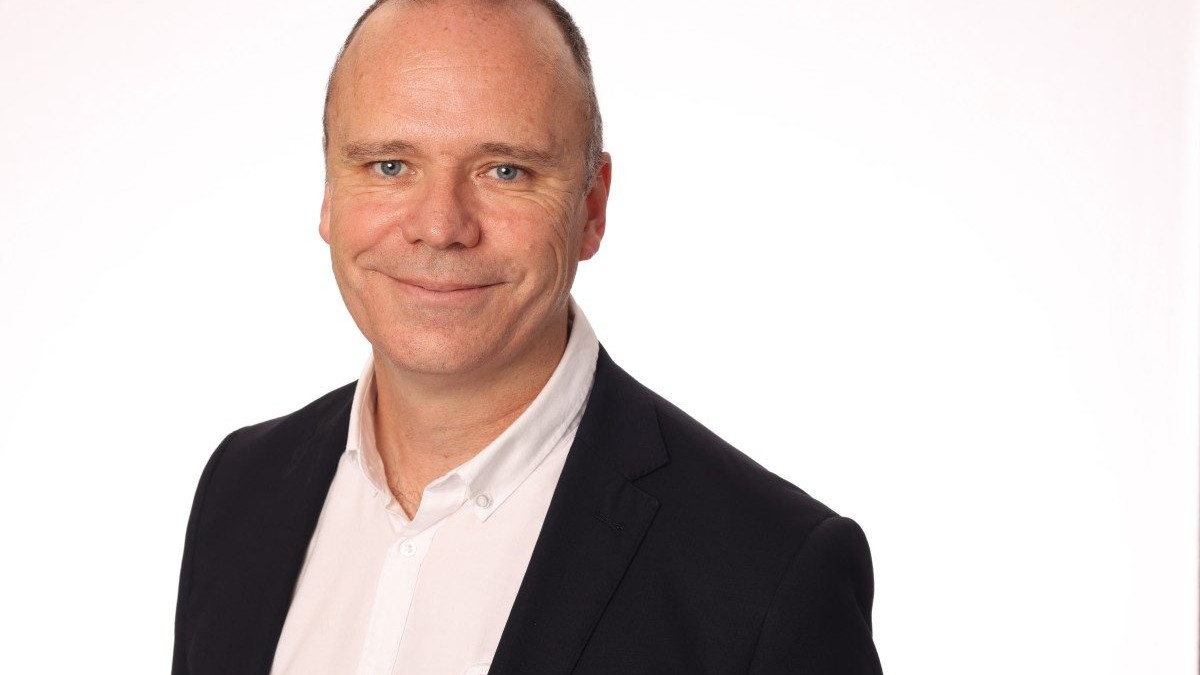What part can we each play in unblocking our infrastructure pipeline?

This week I met with Minister for Infrastructure, the Hon. Chris Bishop at the Auckland Chamber of Commerce. Two hot topics came up:
- How can we build infrastructure faster?
- How do we protect projects from stopping and starting on political whims, and just get it built?
Before going to the meeting, I heard the Minister for Regional Development, Hon. Shane Jones, on the radio refer to our “constipation” when it comes to building infrastructure. Eloquent as ever, but not wrong. So what is Minister Bishop looking to do to unblock the infrastructure pipe?
Two things he talked about stuck out to me as being critical:
- Working to reduce the electoral cycle risk – fancy speak for new governments and politicians stopping and starting pet projects. The reality is, governments have the right to do this, especially when it comes to white elephants. But they need to be disciplined and transparent about what we, the voters, gain and lose. The Minister is looking at how a priority list and disclosure requirements on Ministers wanting to stop projects may work. There are good examples of this to be found in Australia and the United Kingdom.
- Fast-tracking critical projects through the RMA.
So what, if anything, can we all do to help get the infrastructure we need?
I think we have a part to play in accepting that this generation is going to have to make its contribution in building for tomorrow. Maybe look at it this way – do I want to leave a thriving New Zealand I’m proud of to my grandchildren, and if I do, how much sacrifice am I willing to make? Think about the incredible country we have inherited, built by blood, sweat and tears of our forebearers over the last 150 years. We need to bring some of that mindset to building a prosperous 21st century New Zealand.
There are some realities we need to acknowledge as a country. Money is tight, and we have some head winds.
A quick assessment of geography and population shows that New Zealand is larger in area than the United Kingdom, but with 7% of the population, and a whole lot more challenging terrain. Many councils are broke and can’t afford to pay for local infrastructure maintenance, let alone build new stuff.
So what are the take aways from all of this?
We have to get used to the idea that yes, we are all going to have to dip into our pockets to pay more for infrastructure. But it will come with benefits. This might look like a faster run up the motorway when we pay a motorway toll, or better roading because we now pay RUC for our EV.
I know this is a badly timed message when so many people are experiencing genuine hardship and wondering how to pay the grocery bill. But we all want the roads, water pipes, electricity and broadband we need for our children and the future generations to prosper.
And when it finally does turn up, we love it, and wonder how we lived without it. If you don’t believe me, think about how much you use ultra-fast broadband everyday (that started in 2011), or for those of us lucky enough to drive them, Transmission Gully, the new SH25A bridge, the Waikato Expressway, the Pūhoi to Warkworth extension.
It’s worth the sacrifice.
- By Justin Tighe-Umbers, CEO National Road Carriers





